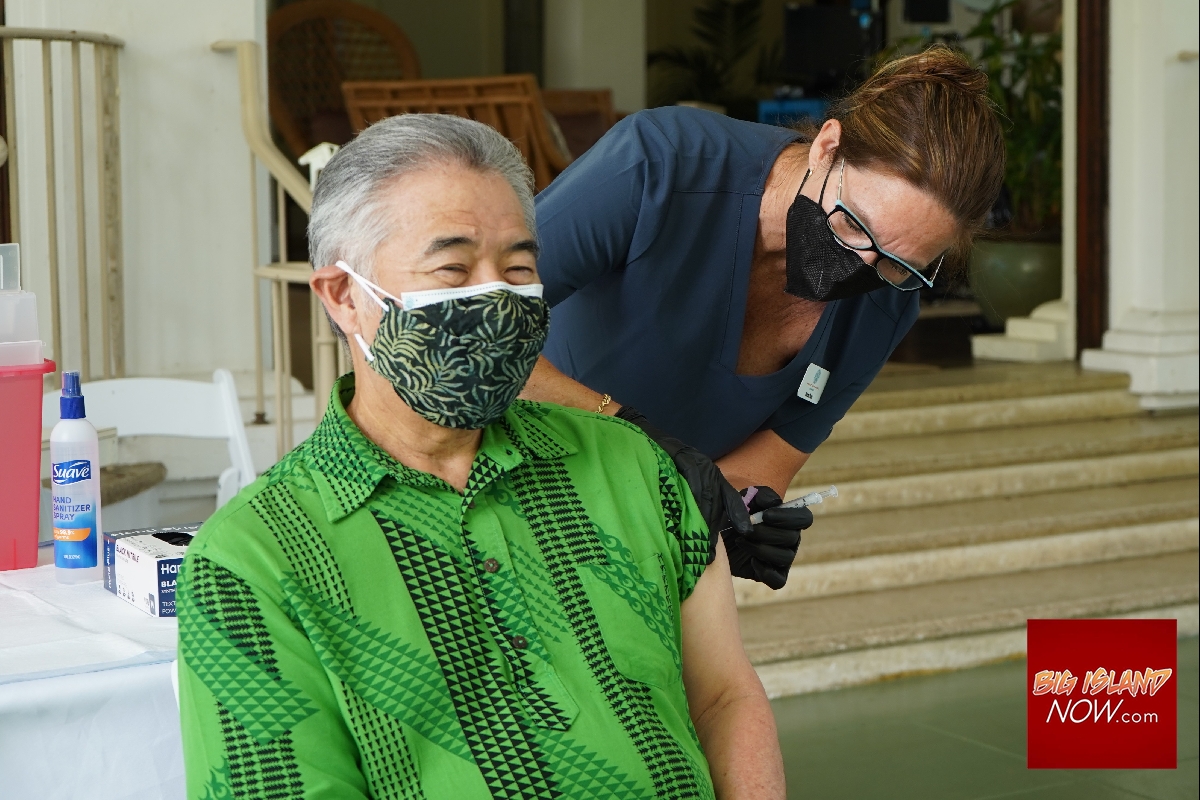Hawai´i Vaccine Passport Unlikely For Months
A Hawai´i Senator has introduced two resolutions that would, in effect, create a vaccine passport program for incoming and interisland travelers. While such a move is a near certainty at some point in the state’s future, it isn’t likely to garner support of Hawai´i’s governor until at least May.
Sen. Donna Mercado Kim (District 14 – O´ahu) put forth Senate Resolution 53 and Senate Concurrent Resolution 71, which urge Gov. David Ige to exempt travelers flying into the state and those moving between islands from the Hawai´i’s mandatory 10-day quarantine should they offer evidence of a completed COVID-19 vaccination schedule.
The primary change this proposal would render to Hawai´i’s current Safe Travels Program is that pre-travel coronavirus testing, as well as testing upon arrival in certain counties, would no longer be required of people who are fully vaccinated.
“With over 400,000 doses of the COVID-19 vaccine administered statewide, our policies need to be reflective of not just our mass vaccination efforts, but of the medical advice from the CDC,” the senator said in a statement. “By easing travel restrictions for vaccinated individuals, we can provide a safe approach to reopening our tourism industry and rebooting our economy.”
The resolutions come on the heels of an announcement from the Centers for Disease Control and Prevention (CDC) that individuals who have been vaccinated may now gather in small, private settings with other vaccinated people absent face coverings. The guidance went on to say it is acceptable for vaccinated individuals to remove their masks in private, single-household settings with unvaccinated people as long as none of the unvaccinated are considered high-risk for severe COVID-19 infection (hospitalization or death).
Everyone is asked to continue wearing masks and to practice social distancing whenever they are in public, regardless of vaccination status.
The CDC also recently announced that individuals who have been vaccinated are no longer required to quarantine after exposure to someone with the coronavirus, as long as they have received both doses of the vaccine and at least two weeks have passed since the second dose was administered.
All of these new CDC guidance items point to the notion that those who are vaccinated are largely safe from infection. They also appear to indicate a lessened likelihood that a vaccinated person could contract and subsequently transmit COVID-19 to others while avoiding illness themselves ⚊ though there is not yet explicit scientific evidence to support this.
The CDC has, however, continued to advise against travel of all kinds, which is a sticking point for Hawai´i’s governor.
“I continue to look to the CDC for recommendations to ensure the health and safety of all,” Ige wrote in an email to Kaua´i Now on Monday. “I personally asked the CDC director for specific guidance on vaccinated travelers.”
“But the CDC continues to discourage travel unless it is for essential purposes,” the governor continued. “In addition, there is currently no way to verify if a person has been vaccinated, and there isn’t sufficient information on the length of the vaccine’s efficacy beyond three months.”
Ige said in a separate interview Monday that May is a potential target date for a vaccine passport in the state, as US President Joe Biden has noted an accelerated timeline indicating all those who desire a vaccination will have access to one by the end of that month.
As to logistical and technological concerns surrounding the development of a vaccine verification program, Big Island Representative Nicole Lowen said she doesn’t foresee a problem.
“If we have the tech to manage the pre-travel testing program, I don’t see why this couldn’t be managed,” she said.
Lowen added that the state’s first priority should be easing, and eventually eliminating, interisland travel restrictions before concerning itself with the mainland.
“It has really been a burden on residents to navigate the convoluted rules for interisland travel when they have to travel for work, medical reasons, to see family, etc,” Lowen said. “If we continue to see our state’s low COVID case numbers hold steady, then it seems hard to continue to justify restricting travel of residents within the state.”
Ige said he is engaged in frequent discussions with various members of island leadership looking for ways to address interisland concerns.
“I meet with the county mayors regularly to discuss loosening travel restrictions for vaccinated travelers,” the governor said.
Despite the frustrations surrounding travel to and within the state, Ige believes the worst is almost over, adding that he sees a return to some form of pre-pandemic normalcy by mid-summer at the latest. A vaccine passport program would likely be in full swing by then.
Airlines and business groups have reportedly requested President Biden develop standard vaccine validation credentials for the entire US to avoid hiccups or discrepancies when traveling from one distinct region of the country to another.





